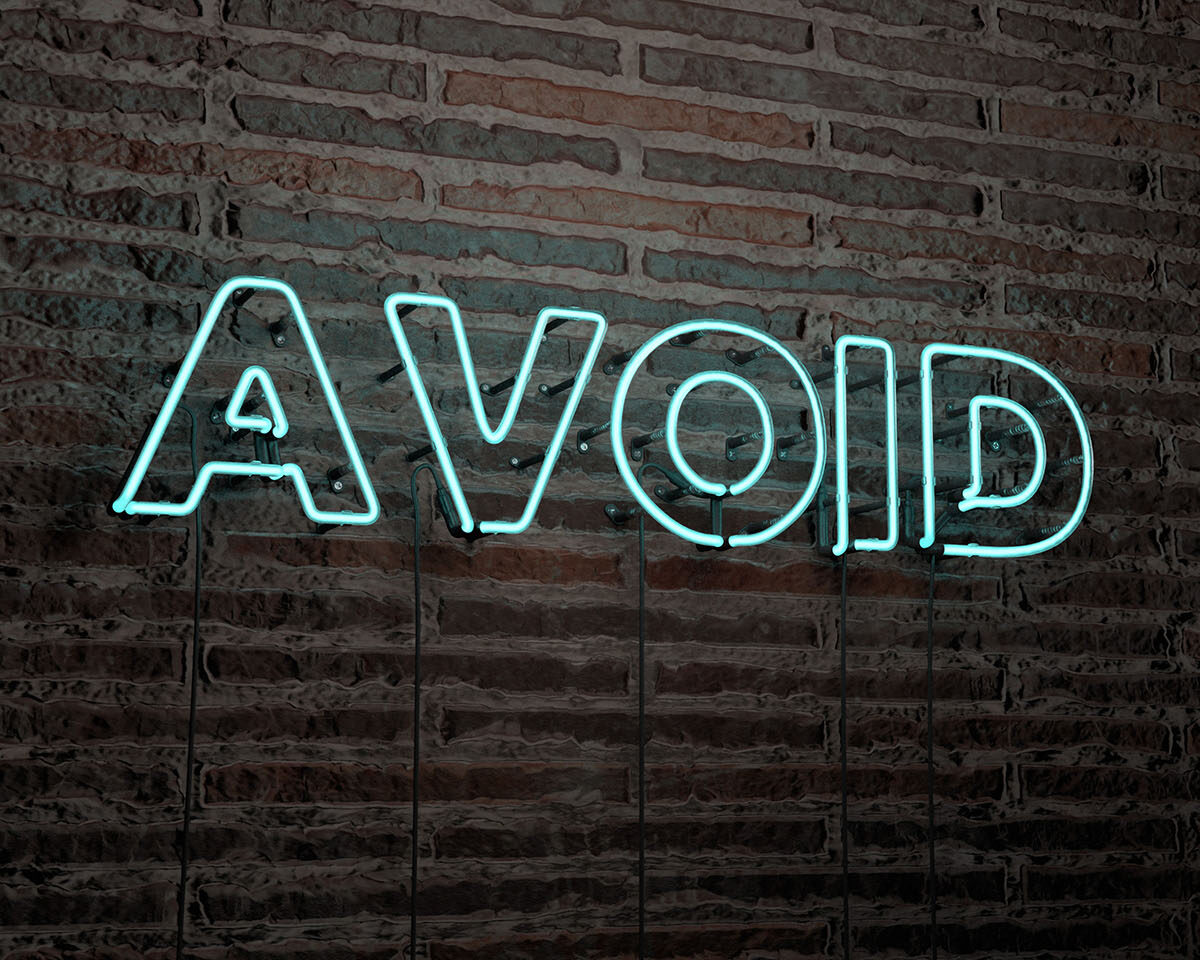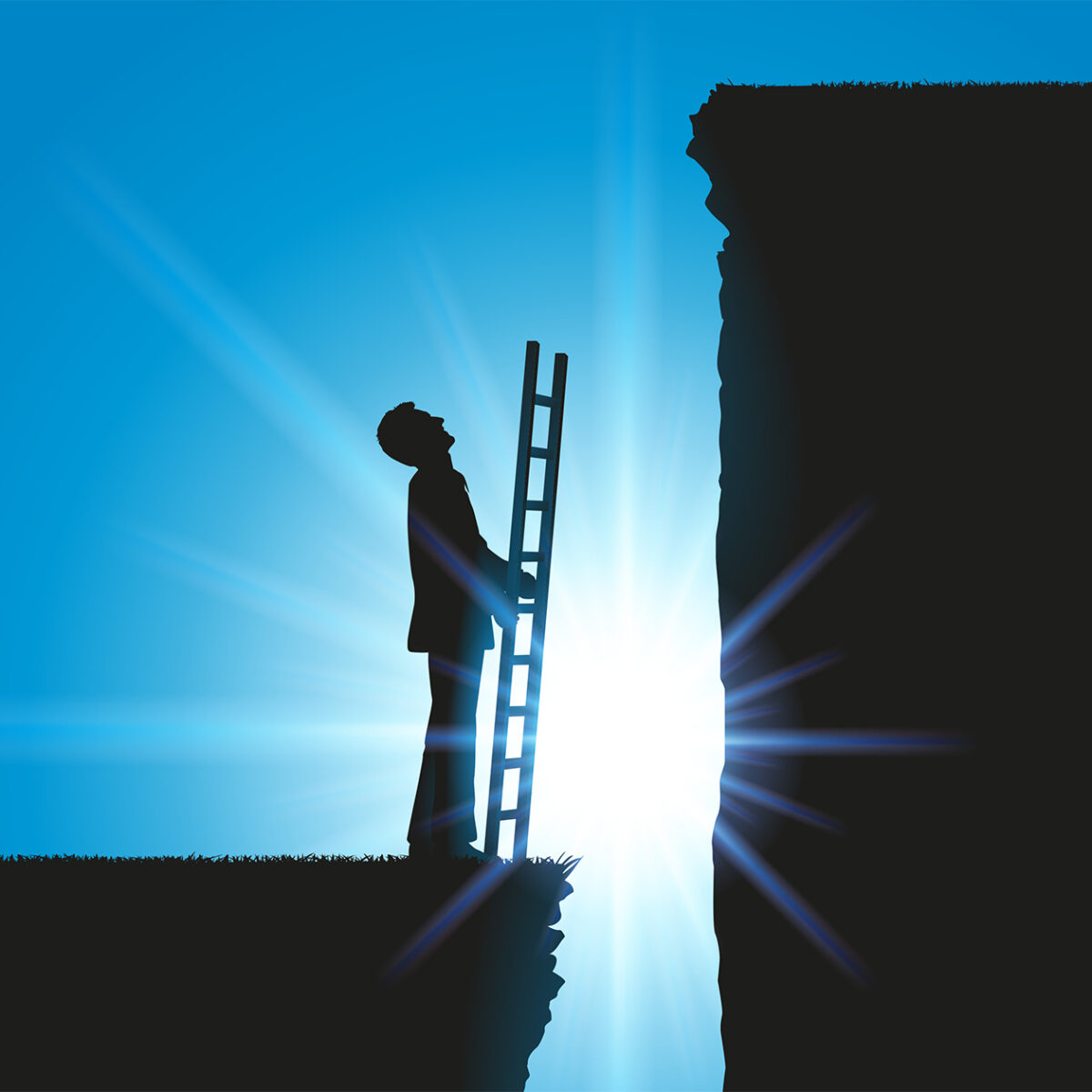Many of us struggle to disconnect from our work. Even if we manage it, it’s uncomfortable. Because of our always-on culture, we may even feel guilty putting a hard stop on our work day and letting emails go unanswered until the following day. As much as we try, hitting the pause button is hard.
The cult of overwork suggests we should always be busy achieving something. But that emphasis on overwork means we miss the benefits of not working. Having a rhythm of work and rest helps us be our best at home and at work. Because when we take time away from work, we make room for white space in our lives—time for relationships, hobbies, or exercise—and our minds get to wander. This may seem counterintuitive for productivity, but it ultimately pays tremendous dividends.
Do you ever notice some of your best ideas happen while you’re showering or driving somewhere familiar? Strong connections exist between mind wandering and creative thinking, lateral problem solving, and idea generation. Adam Waytz, psychologist and Kellogg School of Management associate professor, says, “When we let our minds drift away from work, we return to our tasks capable of tackling them in more inventive, creative ways.”
These creative breakthroughs can happen through shorter breaks, too. For example, grabbing a cup of coffee, stepping out for a walk, or fixing lunch. Those moments of pause might be the exact reprieve and creative spark you need to complete the task you’re stumped on. Changing out the laundry could actually help you compose the rest of the email or Slack message you’re in the middle of. The key is doing something that removes you from your work context and plunges you into something entirely different. It could be swimming, gardening, or cooking. Or fishing, golfing, or doing a puzzle.
The cult of overwork says if we’re not working, work isn’t getting done. But that’s a myth. The problem with overworking is that we marginalize or completely miss periods of profitable pause, allowing our minds to wander in creative directions. Having that white space for rejuvenation contributes to, rather than detracts from, our work.
Whatever activity you fill your white space with, innovations, solutions, products, even a whole company can come from periods of pause, as you allow ideas to percolate away from work. Where is the white space in your schedule? What can you fill it with, so your mind is given free rein to wander, imagine, innovate, and dream?
Last modified on October 10th, 2022 at 10:14 am
Disclosure of Material Connection: Some of the links in the post above are “affiliate links.” This means if you click on the link and purchase the item, we will receive an affiliate commission. Regardless, we only recommend products or services we use and believe will add value to our readers. We are disclosing this in accordance with the Federal Trade Commission’s 16 CFR, Part 255: “Guides Concerning the Use of Endorsements and Testimonials in Advertising.









